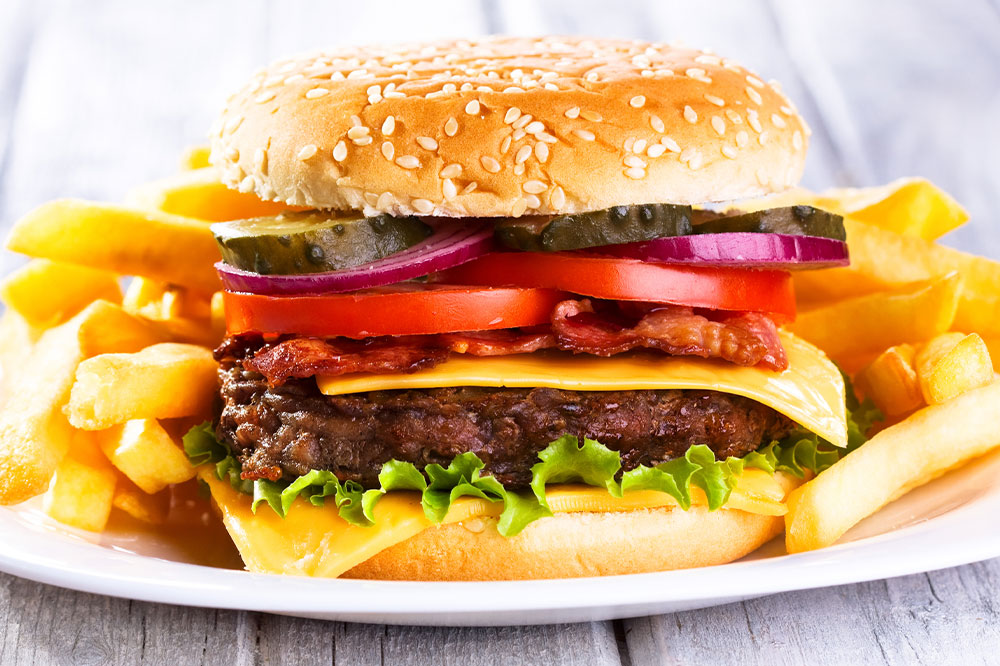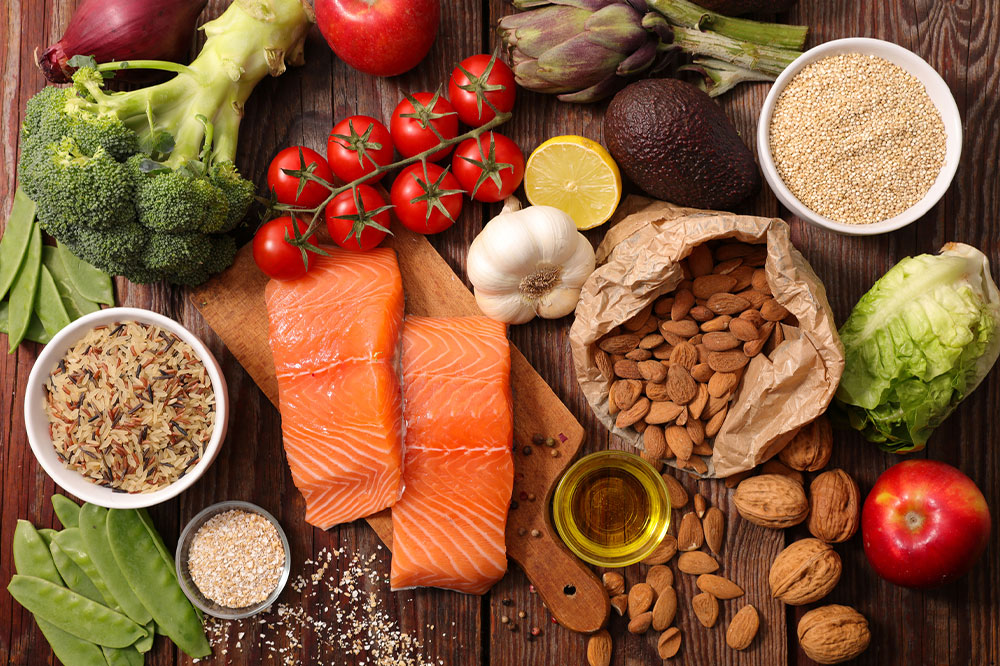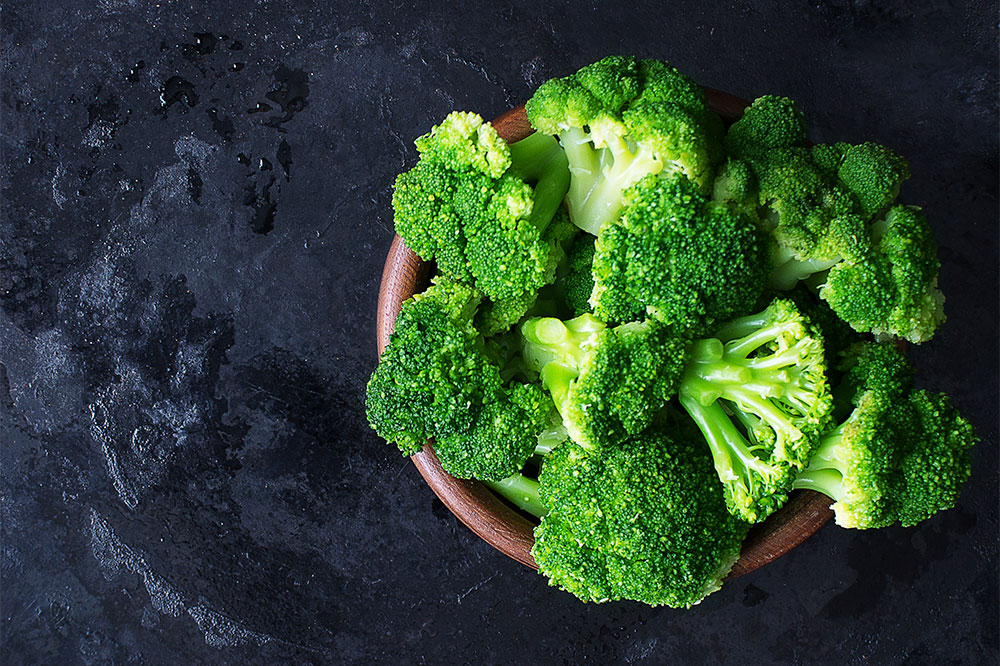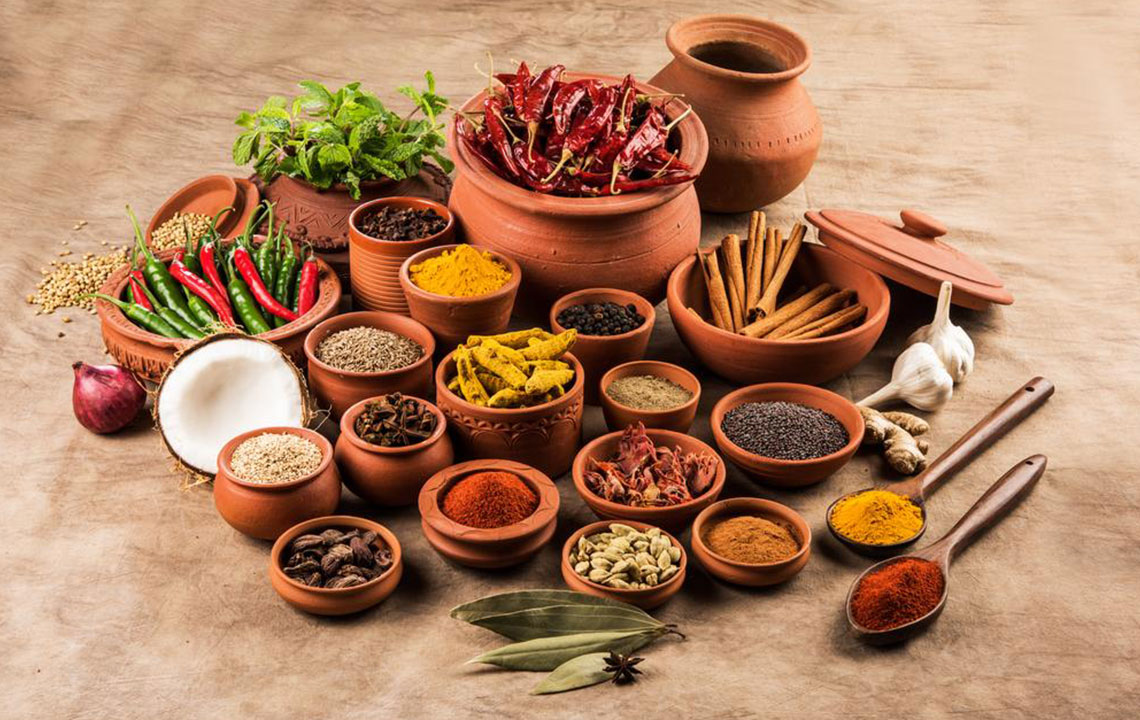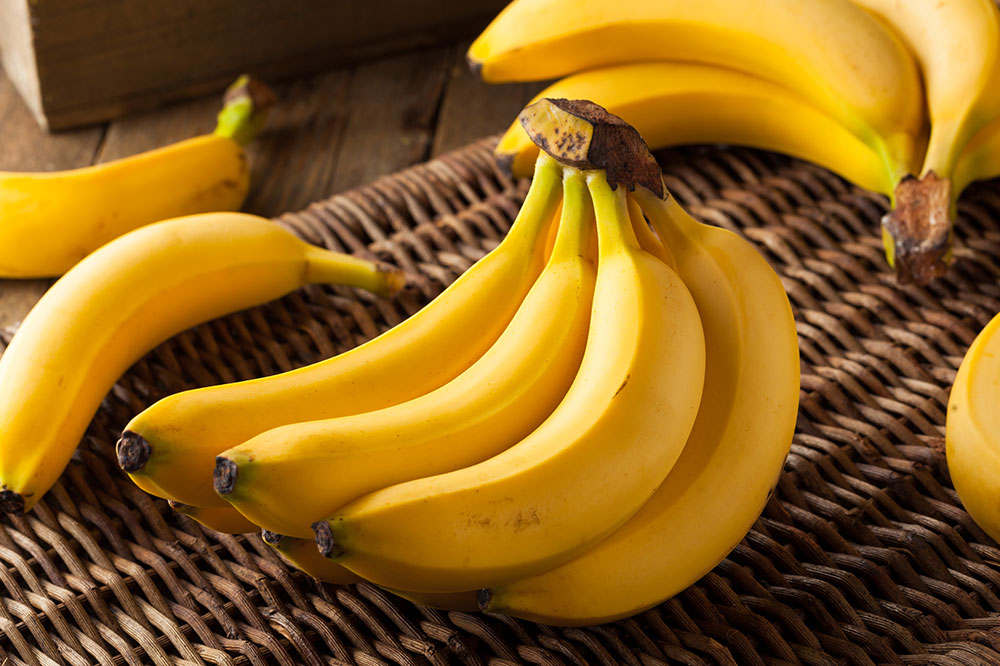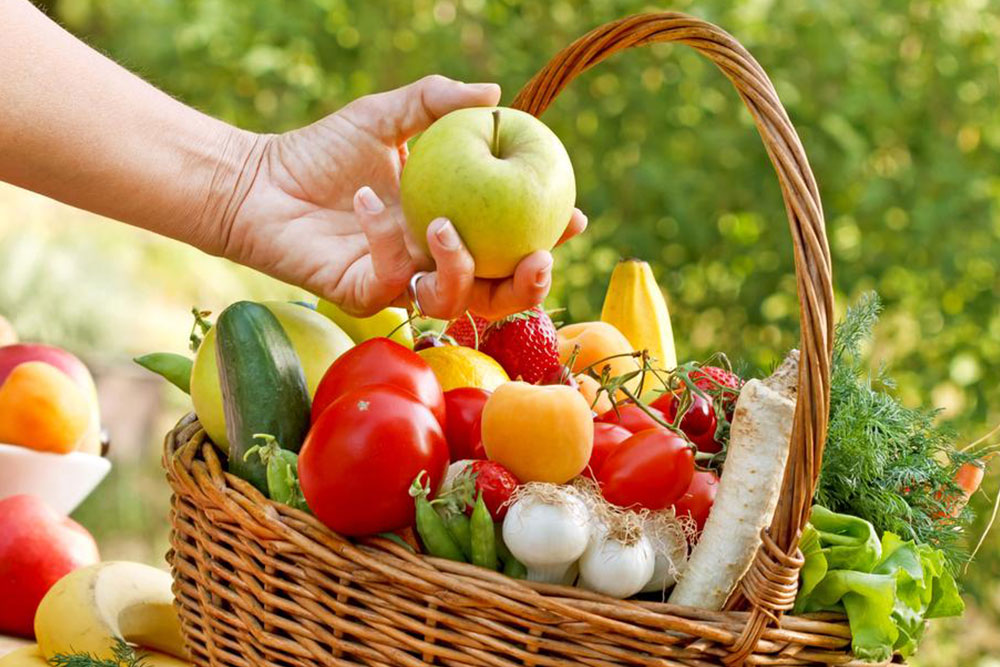Essential Dietary Guidelines to Lower Your Cancer Risk
This detailed guide highlights key foods linked to increased cancer risk, emphasizing the importance of dietary choices in cancer prevention. It offers practical tips on avoiding processed meats, refined sugars, alcohol, and trans fats, while also discussing emerging treatments like CAR T-cell therapy. Making informed dietary and lifestyle adjustments can significantly reduce your risk and improve overall health.

Key Foods to Avoid or Limit for Cancer Prevention
Cancer develops through a complex process where genetic mutations lead to uncontrolled cell growth. These abnormal cells, if unchecked, can form tumors and invade healthy tissues. Our diet significantly influences this process, as certain foods can promote or inhibit cancer development. To reduce your risk of this disease, it is crucial to identify and limit consumption of specific food types that have been linked to increased cancer risk. This comprehensive guide covers the most important foods to avoid, empowering you to make healthier choices.
Refined Sugars and High Glycemic Foods
Foods rich in refined sugars are notorious for their contribution to various health issues, including cancer. These foods cause rapid spikes in blood sugar levels, providing an energy source that cancer cells readily exploit. Diets high in refined sugars—found in candies, desserts, sodas, and baked goods—are associated with inflammation and insulin resistance, which can facilitate tumor growth. To enhance your health and lower your risk, consider reducing or eliminating foods with high glycemic indexes from your diet.
Preserved and Processed Meats
Many processed meats—such as sausages, ham, salami, and beef jerky—are laden with chemical preservatives designed to prolong shelf life. A key preservative, sodium nitrate, has been linked to increased cancer risk, particularly colorectal and stomach cancers. These chemicals can form carcinogenic compounds in the digestive tract. Whenever possible, opt for fresh, unprocessed meats, ideally sourced from grass-fed or organic producers, to minimize exposure to harmful additives.
Alcohol Consumption and Its Risks
Alcohol intake is a significant risk factor for various cancers, including those of the throat, esophagus, colon, rectum, liver, and breast. Alcohol metabolites, specifically acetaldehyde, can damage DNA and promote genetic mutations. Regular or excessive drinking not only contributes to carcinogenesis but also impairs the body's immune response. For optimal health, limit alcohol consumption or abstain altogether, especially if you have a family history or other risk factors for cancer.
Trans Fats and Hydrogenated Oils
Found in many processed and fast foods, trans fats are artificially created fats that have been consistently linked to increased risks of several cancers, including prostate and breast cancer. Hydrogenated oils contain trans fats that promote inflammation and may stimulate tumor growth by affecting cellular processes. To support your cancer prevention efforts, read nutrition labels carefully and avoid foods containing partially hydrogenated oils or trans fats.
In addition to dietary changes, consider the role of medical treatments and emerging therapies in cancer management. Medications like Neulasta, which stimulates white blood cell production, or targeted therapies such as ibrutinib and Venclexta, are used to manage cancer symptoms and improve outcomes. Furthermore, innovative techniques like CAR T-cell therapy and drugs targeting specific genetic mutations (like KRAS) are revolutionizing cancer treatment. Always consult healthcare providers to determine the best treatment strategies tailored to your condition and circumstances.
